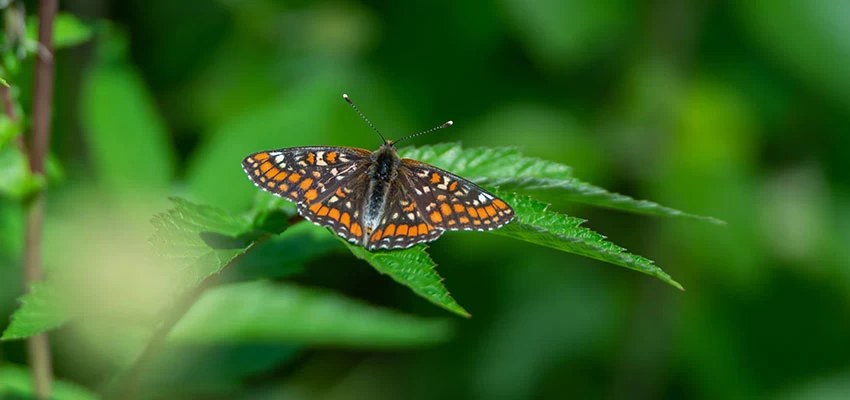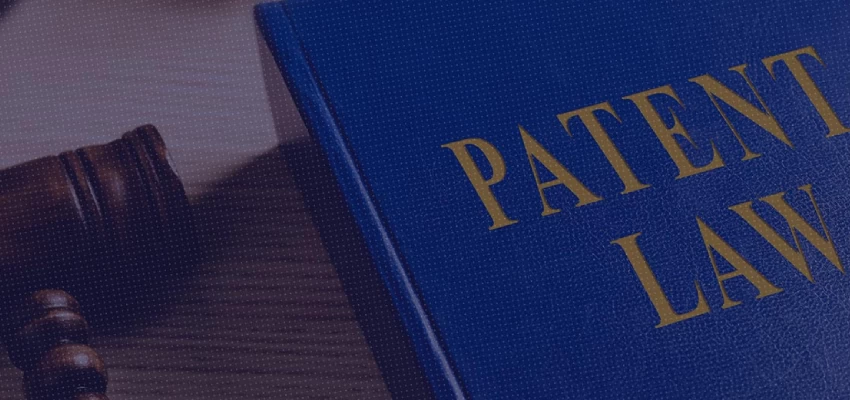Introduction
Section 3(i) of the Patents Act, 1970 (‘Act’)[1] bars the patenting of any process for treatment of human beings or animals to render them free of disease. The Section is applicable to claims directed to a method of treating a human being or an animal. Before arriving at its present form, Section 3(i) of the Act also included plants under its ambit. It was after the amendment of the Act in 2002[2], that methods of treating plants were removed from the scope of Section 3(i) of the Act. However, while issuing First Examination Reports (‘FER’) and Hearing Notices, Indian Controllers now object to claims directed to a method of treating a plant under Section 3(h) of the Act[3], that bars the patenting of “a method of agriculture or horticulture;”.
This article examines the decision of the Hon’ble High Court of Calcutta (‘High Court’) on an appeal (AID NO. 11 OF 2021)[4] filed by Decco Worldwide Post Harvest Holdings B.V & Anr. (‘Appellant’) seeking to set aside an order (‘impugned order’) passed by the Controller of Patents and Designs (‘Respondent’) refusing the grant of the Appellant’s patent application for being a method of agriculture under Section 3(h) of the Act, apart from lacking an inventive step and having insufficient disclosure. The High Court, after considering the facts of the case, decided that the assessment of the claimed invention by the Respondent was erroneous and remanded the application back to the Respondent to examine the subject patent application afresh including the question of patentability, after giving an opportunity of hearing to the appellant. This article specifically focuses on the opinion of the High Court with respect to assessment of inventions under Section 3(h) of the Act.
Facts of the case
The Appellant filed an ordinary patent application titled ‘A FUNGICIDAL TREATMENT FOR BLACK SIGATOKA’ bearing an application number 201731000726 (‘Application’). The claimed invention is a method for treatment of black sigatoka (a leaf-spot disease in banana plants, caused by the ascomycete fungus Mycosphaerella fijiensis (Morelet)) by use of Ortho-phenyphenol.
The claimed invention is cost effective, environment friendly, eliminates and reduces synthesised chemical fungicides having a significant environmental impact and leaves high residue in soil and agricultural products. The invention also reduces the risk of resistance (decreased sensitivity requiring large doses). It further improves the health and yield of the plant increasing in their economic value.
A First Examination Report with a statement of objections was issued against this Application, and in the FER, the Respondent raised objections under various Sections of the Act, such as lack of novelty under Section 2(1)(j) of the Act, lack of inventive step under Section 2(1)(ja) of the Act, non-patentability under Sections 3(h), 3(d), and 3(e) of the Act and lack of clear and sufficient disclosure under Section 10(4) of the Act.
The Appellant filed the response to the FER along with amended claims. The Respondent refused to grant the Application on the ground of non-patentability under Section 3(h) of the Act, insufficiency of disclosure under Section 10(4) and lack of an inventive step under Section 2(1)(ja). Aggrieved by the decision of the Respondent, the Appellant filed the appeal.
The Appellant’s counsel stated that the objections raised by the Respondent were misconceived and untenable. They argued that the Respondent had incorrectly objected to the claimed invention under Section 3(h), when the claimed invention was directed to a method of treatment of plants to render them free and prevent diseases. The Appellant also said that the Respondent failed to provide any reasons in arriving at the finding that the claimed invention was not patentable under Section 3(h). The Respondent while deciding over the case also ignored that similar inventions had been granted patent by the Respondent previously, the details of which were furnished before the Respondent. The Appellant’s counsel also provided their arguments with respect to the assessment of lack of inventive step and insufficiency of disclosure.
The Respondent, on the other hand, argued that the use of OPP as a fungicide and biocide is well known to a skilled person; thus, the claimed invention is not inventive. Moreover, the claimed invention refers to the use of a reduced dosage, indicating that the invention is a new use of a known substance and therefore not allowable under Section 3(d) of the Act. The Respondents also alleged that the Appellant’s claims were contradictory and inconsistent.
Decision of the High Court
The High Court stressed on the fact that Sections 3(h) and 3(i) cover different categories of inventions. Section 3(h) bars the patenting of a method of agriculture or horticulture, which does not contemplate treatment of plants to render them free of disease whereas Section 3(i) deals with the process of treatment or prevention. Further, the Amendment Act of 2002 amended Section 3(i) of the Act to remove “or plants” from its scope.
The High Court stated that the Respondent, in the impugned order, failed:
- to explain why the claimed invention should be considered to fall under ‘agriculture’.
- to provide any reasoning as to why a method of treatment of plants to treat fungal diseases would fall within Section 3(h) of the Act which covers traditional methods of agriculture.
- to justify why prevention of disease or treatment would fall under agriculture, when there is a separate provision under Section 3(i) of the Act.
The High Court also clarified that the Manual of Patent Office Practice and Procedure is just a guiding fact and cannot have an overriding effect on the Act. In addition to this, the High Court mentioned that the Respondent, by simply considering that the claimed invention falls under ‘agriculture’ has not dealt with the submissions of the Appellant. This is after the fact that the Appellant had furnished numerous inventions dealing with treatment of plants which have been granted previously; this was also ignored by the Respondent while passing the impugned order.
The High Court emphasized that reasons are the foundation of any order passed by any judicial or quasi-judicial authority. The intent behind providing reasons in any order is to offer clarity to the reader and to understand how and why the matter has been proceeded and dealt with by the Authority in a particular manner. A similar position has also been echoed by the Hon’ble High Court of Delhi in the matter of Huhtamaki Oyj and Anr v. Controller of Patents on 26 May, 2023[5]. Regarding the objections retained by the Respondent in the impugned order on the insufficiency of disclosure and lack of inventive step, the High Court pointed out that the findings of the Respondent were unreasoned and did not appreciate the facts of the case.
Accordingly, the High Court concluded that the impugned order was unsustainable and set the same aside, remanding the application back to the Respondent to freshly examine it, including the objection on non-patentability, after giving an opportunity to the Applicant to be heard.
Conclusion
The High Court’s decision in this matter has established that methods of treatment of plants cannot be objected under Section 3(h) of the Act, which covers traditional methods of agriculture. Correct interpretation of the Act and applying the same to the patent applications being examined by the Controllers will also save time and resources of the Applicants. Further, the High Courts in numerous decisions have made it clear that providing reasoned orders in patent proceeding is of the utmost importance. Moreover, it is an obligation on the Controller to provide a reasoned order to the party as per the third principle of natural justice wherein party against whom the order has been passed must know the reasons of passing such an order. Reasoned order will help the Patent Applicants understand as to why the objection is sustained or rejected.
[The authors are Senior Patent Analyst and Director in IPR practice at Lakshmikumaran & Sridharan Attorneys at New Delhi and Chennai, respectively]
- [1] Section 3(i) in The Patents Act, 1970 (indiankanoon.org)
- [2] The Patents (Amendment) Act, 2002
- [3] Section 3(h) in The Patents Act, 1970 (indiankanoon.org)
- [4] Decco Worldwide Postharvest v. The Controller Of Patents And .. on 13 June, 2022 (indiankanoon.org)
- [5] Huhtamaki Oyj And Anr v. Controller Of Patents on 26 May, 2023 (indiankanoon.org)











